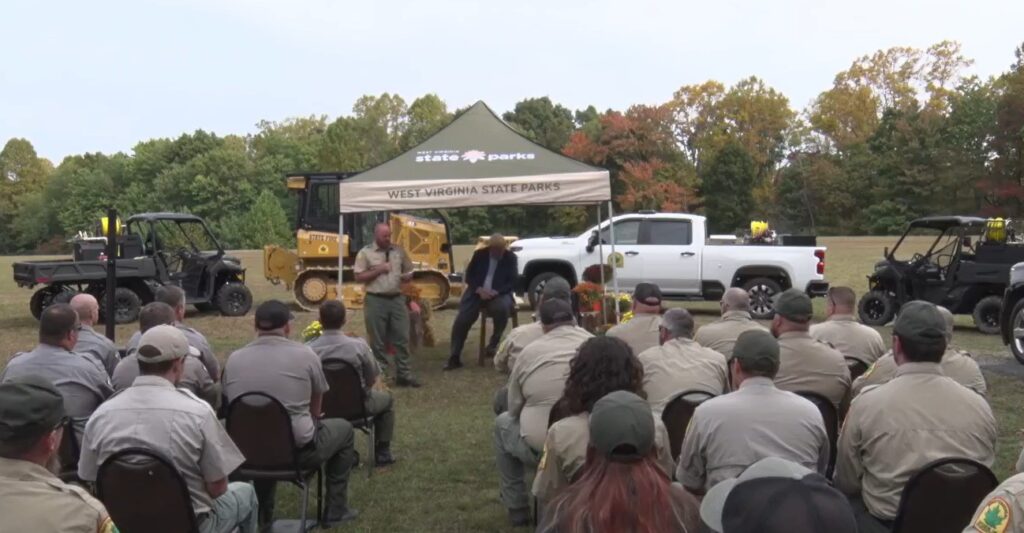We continue to hear from those who advocate defunding the police because of equity issues.
Fast forward to earlier this year and the title of an article that appeared in a local paper, “ [X] May Trim Police and Fire Budgets While Putting Millions Extra Toward Climate Change.” The name of the city will remain anonymous to protect the innocent and the guilty. This city has a strong carbon-neutrality initiative described as a “moral imperative.” This was the first time I had seen anything about fire budgets being cut to help fund climate change initiatives. I doubt it will be the last.
What does all of this have to do with firefighter health and safety? A lot. The focus on firefighter health, safety, and well-being is arguably the biggest challenge facing the fire service. Addressing these concerns in a proactive manner requires funding. Granted, there are things we do, and can do, that have a minimal budgetary impact. However, clean cabs, hot zone station design, and so on require major expenditures. In fact, except for the wisely designed fire stations built in the past five years, almost all other fire stations need to be totally renovated or rebuilt. As an example, the city referenced in this column said that “another $325,000 in savings could be found by shifting fire protection grant money to cover fire expenses in lieu of funding fire station projects.”
The article went on to say that the city was facing a big budget shortfall and may cut the fire department budget by $730,000. This would include the elimination of five positions. The police department cuts would be $1.3 million and eliminate 12 positions. The climate change initiative was requesting $3.6 million with the creation of several new positions. No other city department budgets were to be cut as much as fire and police.
What is the fire service role in addressing climate change, if any? This is an interesting question. As local, state, and federal governments attempt to wrestle with the climate issue, their attempts will require money. This will have to come from increasing revenue and/or cutting expenses. Should the fire service take a bold approach and say, “We are willing to do our part to save the planet and we will take a 20% reduction in funding as long as those savings are directed toward climate change”? I think I know the answer to that question. Regardless of your view on climate change, the issue is here and now. Climate change is real. It is not a new phenomenon. What ended the Ice Age? Unfortunately, today’s identified causes and fixes are controversial.
Unfortunately, the climate issue is similar to the COVID-19 issue in that it has become as much a political issue as a public health issue. When an issue becomes political, common sense becomes obsolete. Politics eats brains. Opinions gather in herds and the herd mentality prevails. Independent and individual thought falls by the wayside. We often hear the phrase “follow the science.” In reality, we are forced to follow the “political science” because the real science gets muddled in the conversation. Hence, the fire service will need to be very politically savvy in how it faces its budget challenges when they conflict with climate change budget needs.
I have a “tongue in cheek” solution (on the federal level) that will solve this dilemma as well as all other government dilemmas. Government costs would be drastically reduced. Government services would be far more effective, and the rest of the world would be in total envy. Social justice would be achieved. Politicians would become extinct. Consider this: To run for the office of President of the United States, the candidate must have been a fire chief of a combination fire department for at least 10 years. To run for the House of Representatives, the candidate must have at least 10 years in a volunteer fire department. To run for the U.S. Senate, the candidate must have been a career firefighter for at least 10 years. Committee meetings would be held around the kitchen table and the issues would quickly “cut to the chase.” Everything would be decided in lightning speed. Heck, firefighters can effectively communicate in a series of two-word sentences. Imagine the effectiveness and overall approval of government. And the news media would be paralyzed.
ROBERT TUTTEROW retired as safety coordinator for the Charlotte (NC) Fire Department and is a member of the Fire Apparatus & Emergency Equipment Editorial Advisory Board. His 40-year career includes 10 as a volunteer. He has been very active in the National Fire Protection Association through service on the Fire Service Section Executive Board and technical committees involved with safety, apparatus, and personal protective equipment. He is a founding member and president of the Fire Industry Education Resource Organization (F.I.E.R.O.).


